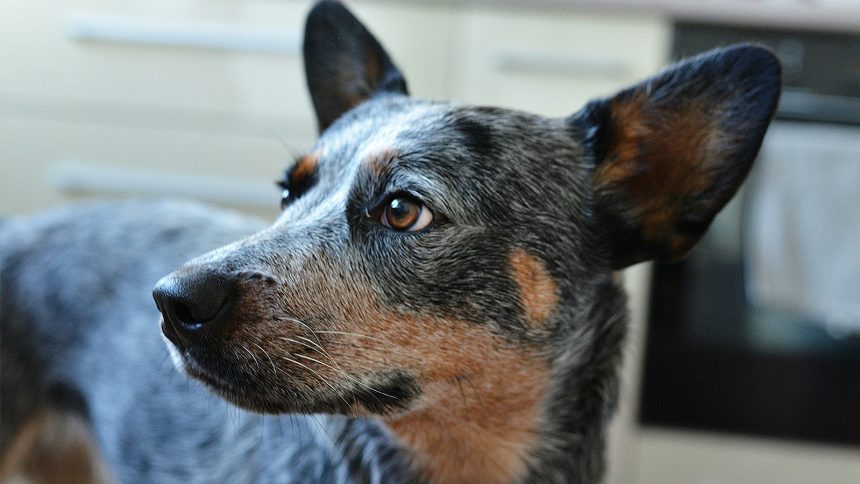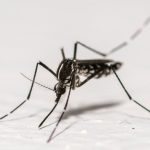Animal scientists have found new evidence to suggest that dogs can be neurodivergent, much like their human counterparts.
Neurodivergence isn’t limited to humans — at least, according to Dr. Jacqueline Boyd, an animal scientist, published author, and canine consultant from Nottingham Trent University.
In fact, data show that a bevy of other animals can boast chemical discrepancies in their brains similar to those of neurodivergent people, including mice, rats, and even monkeys.
Speaking with the Daily Mail, Dr. Boyd shared evidence showing that dogs can exhibit symptoms that, if they were humans, would likely lead to an Autism or ADHD diagnosis.
Research has found that some dogs can exhibit similar brain function as neurodivergent people.
However, dogs don’t usually get diagnosed with these conditions. Instead, they’re generally labeled as ‘Canine Dysfunctional Behavior.’ Dr. Boyd says dogs who fall under this umbrella term could have more in common with neurodivergent people than previously thought.
“Some dogs might be very much like the neurotypical human, whereas other dogs might be more neurodivergent and be more like someone with autism or ADHD,” she told the Daily Mail.
“Giving a human diagnosis to an animal that can’t speak in the same way that we do is a really difficult thing. But what we can say is that they will sometimes exhibit behaviour tendencies that in a human would meet diagnostic criteria for a neurodivergent condition.”
 Daily Mail / Wei Ren, et. al
Daily Mail / Wei Ren, et. alIn social situations, the brain patterns of humans tend to sync up with each other. The same is true in dogs – but neurodivergent dogs don’t exhibit this synchronization.
Animal experts reveal evidence of neurodivergence in dogs
The brains of humans diagnosed with ADHD tend to have divergent reactions between their serotonin and dopamine neurotransmitters, resulting in symptoms like difficulty focusing, restlessness, and impulsivity.
These same reactions were recorded in dogs’ brains, too, and were often associated with canine impulsivity.
In fact, Beagles even share the same gene mutation with humans, called Shank3, which is linked to autism.
 Unsplash.com: oliverpbeagle
Unsplash.com: oliverpbeagleBeagles share a gene mutation with humans that is often linked to autism.
Further research shows that the brains of dogs who exhibit neurodivergent symptoms typically don’t show the neural synchronization seen in neurotypical dogs and humans, leading to a quieter, less social disposition.
When both people and dogs socialize, their brain waves tend to sync up with each other. For neurodivergent dogs, this doesn’t happen, and they tend to interact with humans less as a result.
While it’s harder to diagnose animals since they can’t talk, Dr. Boyd can usually suss out a possible candidate if they show behaviors like hypervigilance or hyperfocusing.
“It’s maybe less about saying whether your dog is neurodivergent, and more about recognising that we have neurodiversity,” she said.
This is the latest scientific discovery to baffle animal-lovers after researchers found evidence that shows raccoons are showing signs of early domestication.













